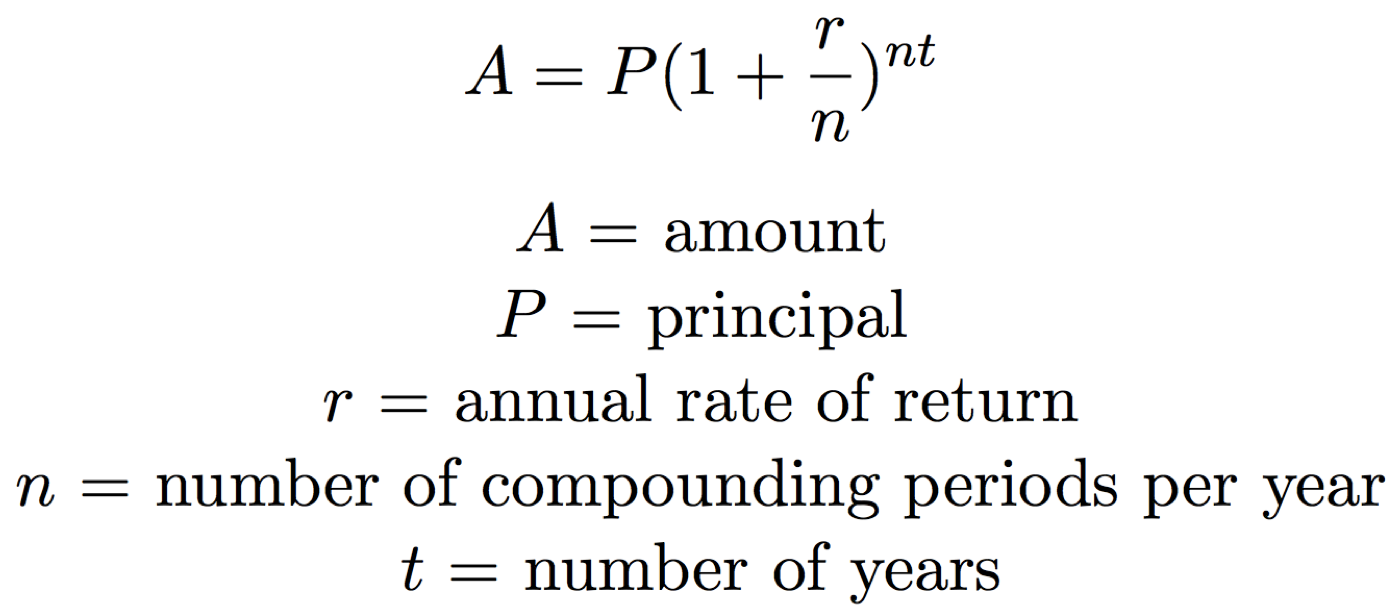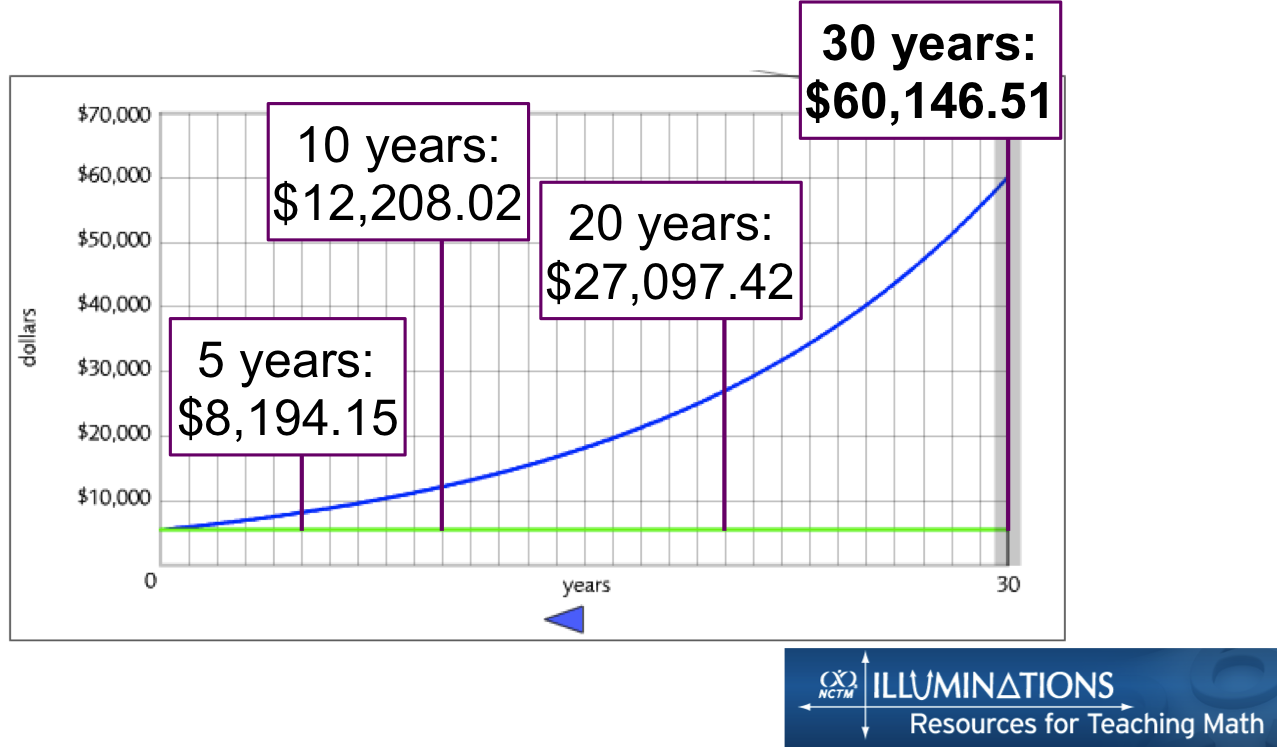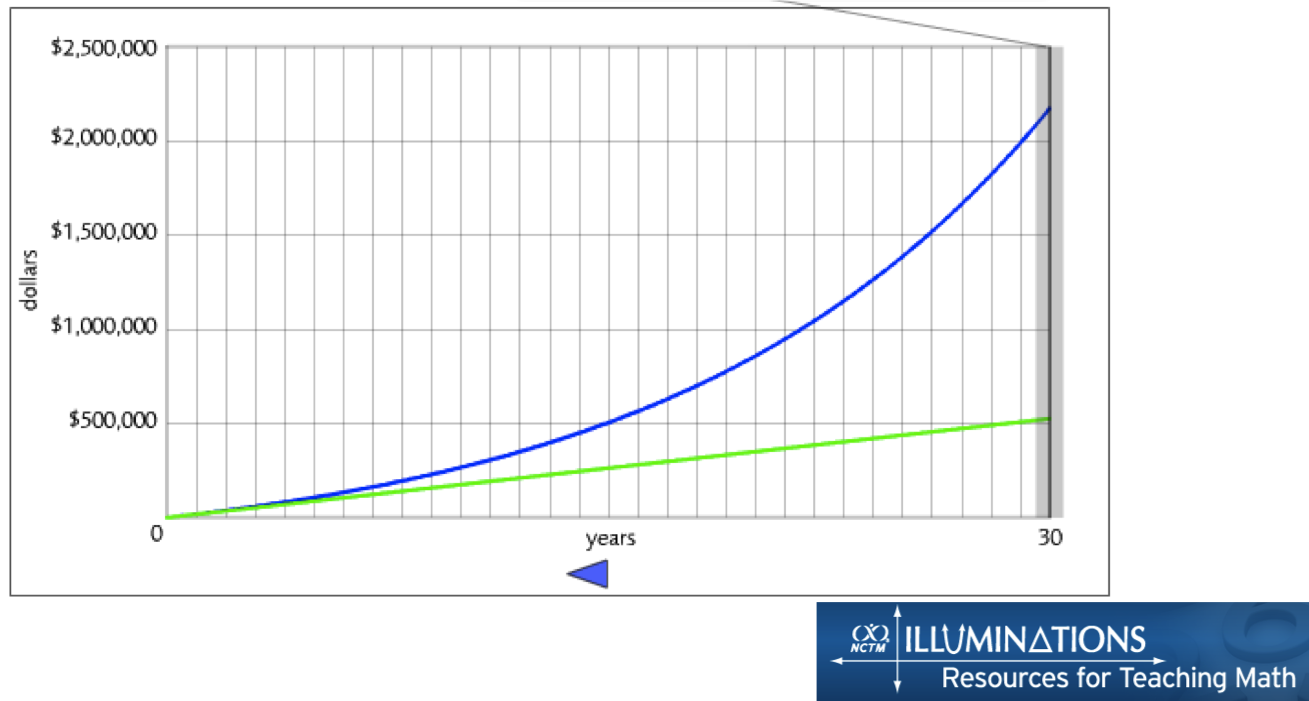
Living paycheck to paycheck is truly unsustainable. If you spend all the money that comes in and never build up any savings, you are unable to adapt when life throws you a curveball and it is almost impossible to plan for the future. Eventually, you will want or need to make a purchase that you did not anticipate. The expenditure could be for a true emergency, such as a health crisis, or simply a high-value purchase than you are able to cash flow, such as a laptop.
Building up accessible funds will likely reduce the anxiety you may feel about money. You can use the savings in the case of an emergency, for planned or anticipated purchases, to achieve goals, and to build wealth over time.
Further reading: In Defense of Savings Accounts








